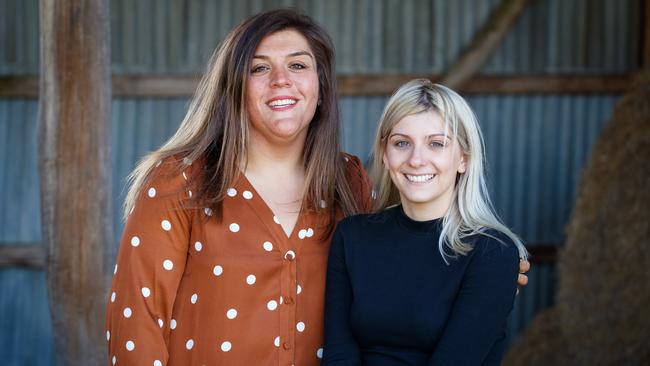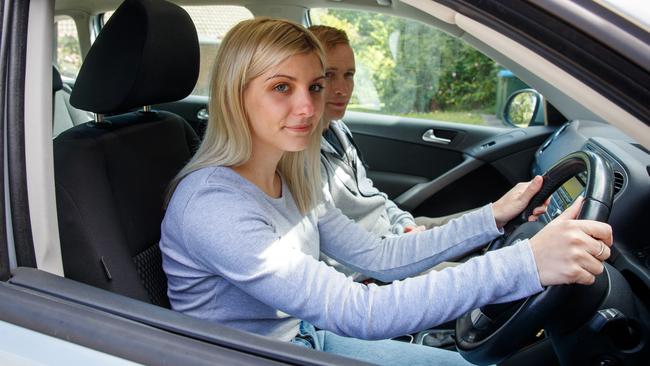Driven Chapter 6: Holly Scott raises awareness about serious injury suffered from a road trauma
Every eight days, one person is seriously injured on SA roads. Holly Scott is one of them and reveals the real hidden and lasting cost behind their trauma.
SA News
Don't miss out on the headlines from SA News. Followed categories will be added to My News.
- Driven: Watch the full documentary series this week
- Subscribe to support independent journalism in SA
Holly Scott stood in front of 8000 high-school students earlier this year and told how she fought to stay alive, relearn all her basic skills and face her fear of driving again after a road crash in 2017.
She continues to tackle challenges from her lifelong brain injury and speaks to The Advertiser in a seven-part web documentary, Driven, published online this week in partnership with SA Police and Lifetime Support Authority.
The young woman’s story is like that of hundreds of others in SA every year who are seriously injured in road collisions.
Between 2016 and 2018, 1890 people were badly hurt on our state’s roads. This year, more than 700 people have been seriously injured in road crashes.
Since July 2014, State Government agency Lifetime Support Authority has provided treatment, care and support for more than 250 people who were severely injured in a vehicle accident.
The participants are recovering from brain or spinal cord injuries, burns, blindness or amputations.

Most of them, including Ms Scott, will continue to deal with lifelong effects from their injuries.
Ms Scott remembered thinking she was lucky to survive her horrific crash in the Adelaide Hills, in July 2017, when she first started rehabilitation.
But worry soon set in when she was discharged from Hampstead Rehabilitation Centre and went home without 24-hour care, her case manager, Jess Ciccarello from Lifetime Support Authority, said.
“A lot of the things that were enjoyable and meaningful to Holly prior to the brain injury, the meaning of that had changed – some things weren’t as enjoyable, they were more anxiety-provoking or more stressful,” she said.
Even the simple activity of having coffee with a friend could be exhausting for Ms Scott, who has to plan what time to leave the house, where they sit in a cafe, what coffee to get and how much it costs. Decisions that are instinctive for someone without a brain injury drain the young woman’s mental battery.

Ms Ciccarello also told of the times Ms Scott felt obliged to chat to taxi drivers but ended up being too tired when she got to university classes because her brain injury causes excessive fatigue.
“There is this fear around what would people think: ‘Will they judge, will they think that I’m incapacitated or less of a person’ – these sorts of stereotypes around brain injury in the community,” Ms Ciccarello said.
But Ms Ciccarello, who has since become good friends with the young woman, said Ms Scott had a “real strong drive” to improve since the first day they met.
“It was very clear she was motivated to get better,” she said. “She looked at me on that first day and said: ‘I just want you to get me better. I want to be normal again’.”
Ms Scott would confide in Ms Ciccarello, who would also help her achieve goals through small, progressive steps.
“We’re good friends as well as having that professional therapeutic relationship,” Ms Scott said.


